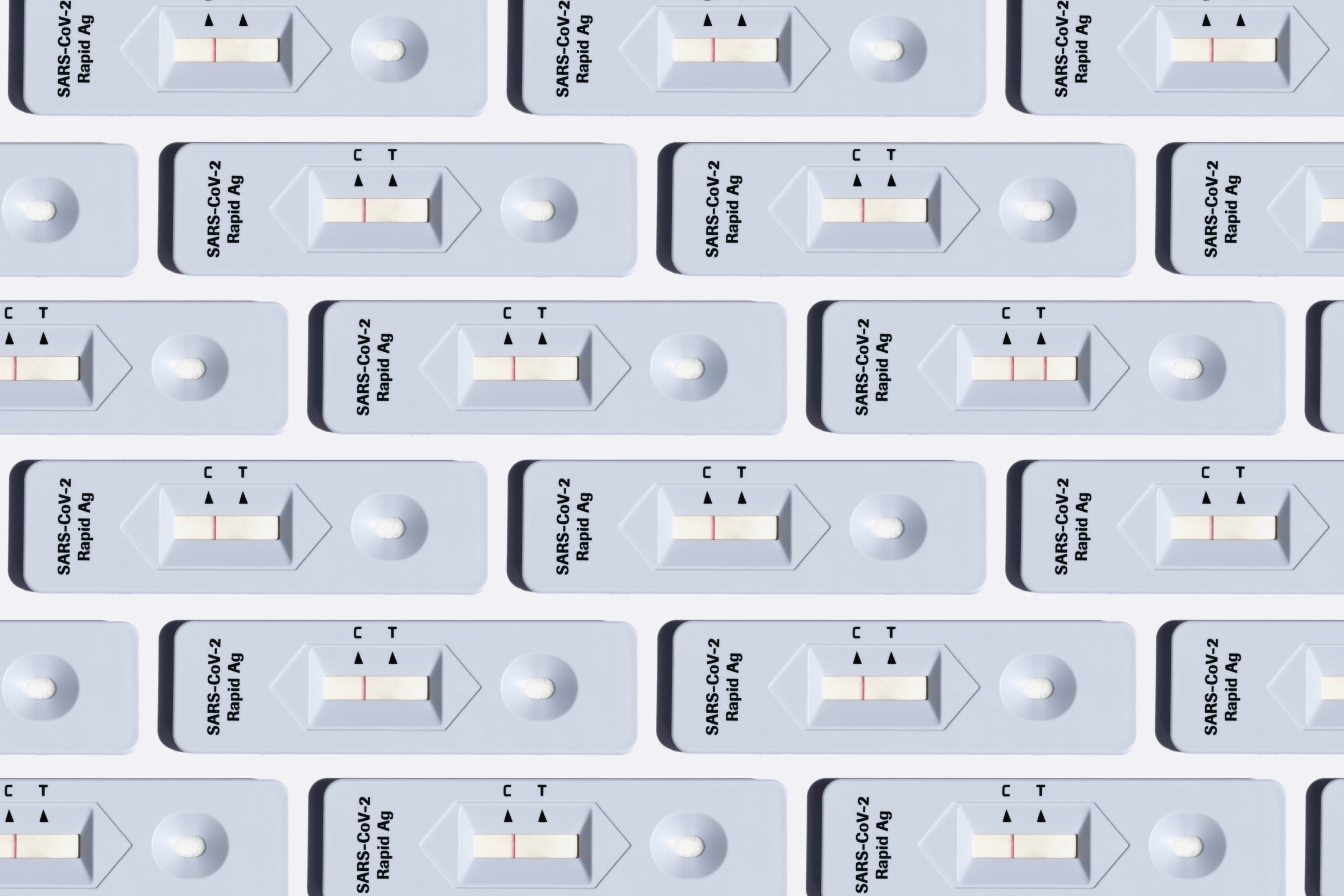
Your immune system may be getting smarter every time you encounter COVID-19, a new study suggests. After getting vaccinated and infected, the immune system generates broader defenses against the virus, including against new variants.
In a paper published Jan. 19 in Science Immunology, researchers in South Korea compared immune cells in the lab from people with a variety of vaccine and infection histories throughout the different Omicron waves, which began in late 2021 with BA.1. People who had been vaccinated with the original Pfizer-BioNTech series and then got infected with any Omicron variant showed good levels of memory immune cells—called T cells—that defended not only against the variants causing the infection, but also related ones in the Omicron family that came later. For example, people who were vaccinated with three doses of the original COVID-19 shot and then got infected with the BA.2 variant generated T cells that could target not just BA.2 but also BA.4/5 and XBB viruses, which didn’t emerge until later.
“This is evidence of cross adaptation between the virus and human beings overall,” says Dr. Eui-Cheol Shin, professor at the Korea Advanced Institute of Science and Technology and senior author of the paper. “It also means we are on the way to an endemic era for COVID-19.”
Shin and his team found that the T cells—which are more durable than antibodies and are designed to retain memory of the viruses they encounter—generated against Omicron variants recognized the parts of the virus that remained conserved, as opposed to portions that had changed among the different variants. This, in part, helps people to not get as sick from reinfections.
More From TIME
Read More: How Long Does It Take To Get COVID-19?
The fact that the immune system is able to concentrate on these consistent parts of the virus could be an encouraging sign that the virus is evolving in a way to co-exist with humans, says Shin. There’s precedent for viruses becoming endemic in this way, since a handful of coronaviruses that started off as deadly now cause the common cold.
He and his team also found encouraging signs that the immune system may be gaining an edge over the virus. After you get a vaccine for any virus, immune cells tend to look for that version of the virus and are slower to generate defenses against different variants, making it easier for future versions of the virus to escape detection. Researchers thought COVID-19 vaccines would suffer a similar fate. People vaccinated with the initial two doses and booster shot of the vaccine that targeted the original virus, for example, were expected to generate weaker responses against future variants.
But Shin and his team found that people vaccinated with the original shot who then got infected with BA.2 still generated strong T-cell responses.
The study only includes data through the XBB wave. But Shin says he expects that the most recent vaccine, which targets XBB, would likely provide similar protection against the latest variants XBB and JN.1.
Reinfections aren't entirely benign. Other studies have shown that multiple bouts with the virus could raise the risk of long-term harm to the body in the form of Long COVID, which remains difficult to diagnose and treat.
Still, these findings suggest that the immune system is evolving to mitigate some of the more severe effects of COVID-19 infections—at least within the Omicron family of viruses. It’s not clear if and when SARS-CoV-2 might make a big genetic leap beyond Omicron, but for now, the combination of vaccines and natural infections is creating a hybrid immunity that seems to be keeping the virus under control for vaccinated people.
More Must-Reads From TIME
- The 100 Most Influential People of 2024
- Coco Gauff Is Playing for Herself Now
- Scenes From Pro-Palestinian Encampments Across U.S. Universities
- 6 Compliments That Land Every Time
- If You're Dating Right Now , You're Brave: Column
- The AI That Could Heal a Divided Internet
- Fallout Is a Brilliant Model for the Future of Video Game Adaptations
- Want Weekly Recs on What to Watch, Read, and More? Sign Up for Worth Your Time
Contact us at letters@time.com